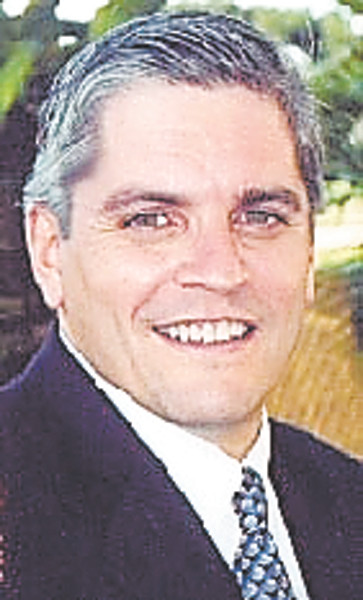We have to take the journey, and trust that Hashem will show us a way home
Jerusalem, 1948. The newly born State of Israel was struggling against vastly superior Arab forces, and Jerusalem, the heart and soul of the Jewish people, was under siege. There was only one major road to Jerusalem from the west, where the majority of Israel’s population and her food and supplies production lay, and the Arabs had successfully blocked access to the capital to all but the bravest of travelers.
The road wound its way up through a steep ravine, dominated on either side by towering hills and cliffs, which afforded Arab snipers and marauding bands easy opportunities to pick off Jewish travelers in the valley below.
To protect the supply of food and vital medical supplies to the 165,000 citizens of Jerusalem (including one hundred thousand Jews, and forty thousand Muslims) who were completely cut off from the rest of the country, the Israelis constructed their own armored cars by placing heavy armor on top of civilian (Ford) pickup trucks. However, while helpful, these homemade armored cars were so heavy that they barely exceeded speeds of five miles per hour as they negotiated the steep inclines of the Jerusalem-Tel Aviv road. This gave the Arabs more than enough time to plan heavy ambushes from the hilltops, and the Jews were easy targets down below.
The situation was going from bad to worse and a solution was desperately needed, but none was forthcoming. As the fledgling State continued to struggle for its very existence, the correct strategic decision seemed to be to abandon Jerusalem, which was not militarily (strategically) vital to the rest of the country. Such a decision would free up many troops urgently needed in defense of areas all over the Jewish-held territory, as well as relieving a tremendous burden of supply from the young and overtaxed country.
But the idea of abandoning Jerusalem was unthinkable; this had been the focus of Jewish dreams and prayers for thousands of years, and the people of Jerusalem refused to give up, even as water and flour were rationed by the cup, and milk was doled out only to babies and nursing mothers. The situation had reached a critical point.

 55.0°,
Overcast
55.0°,
Overcast 




